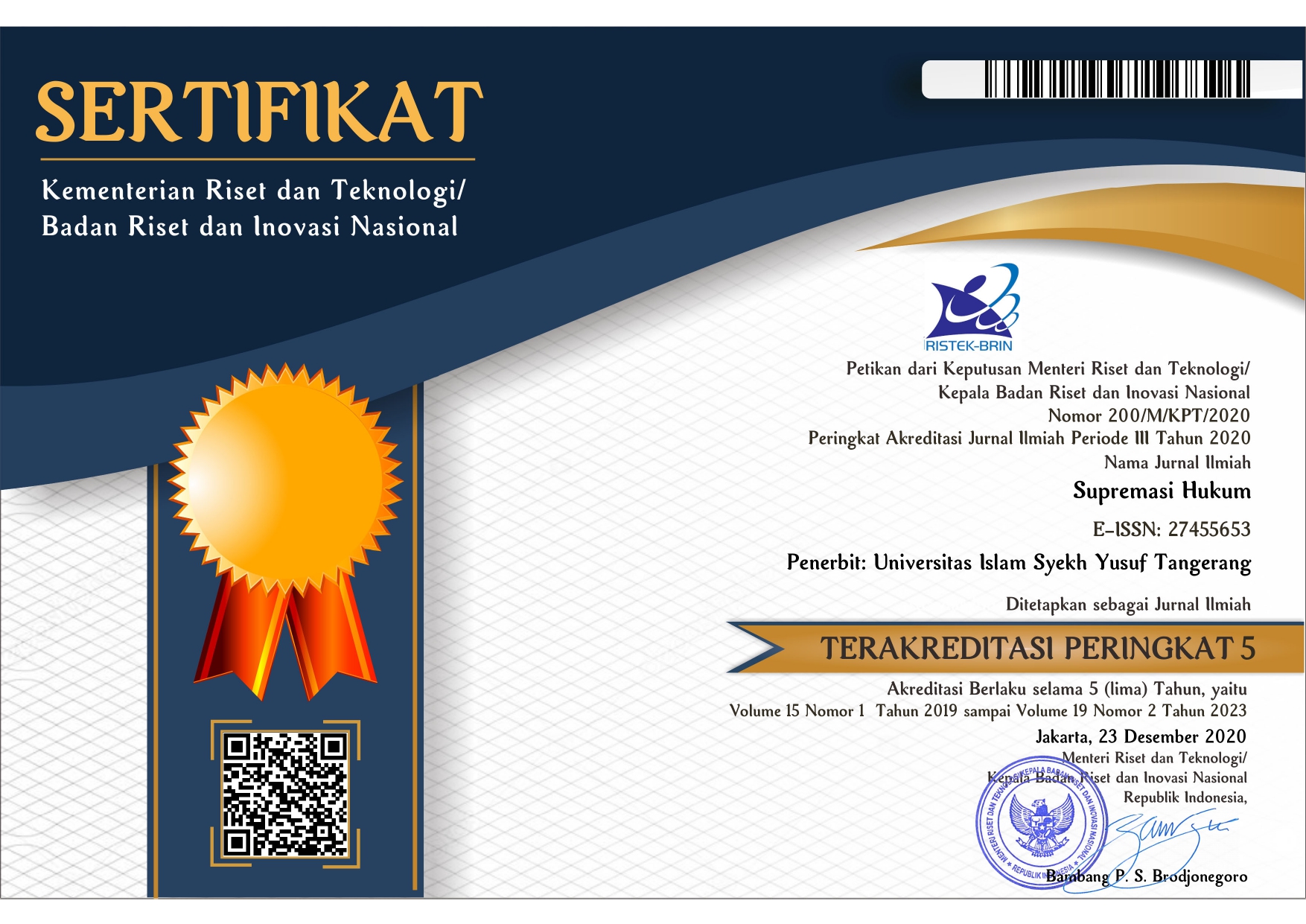PERILAKU KORUPTIF PELAKU TINDAK PIDANA KORUPSI DALAM PERSPEKTIF KRIMINOLOGI DAN VIKTIMOLOGI
DOI:
https://doi.org/10.33592/jsh.v18i2.2664Abstract
Cases of corruption are still often heard in the media. There were 553 cases of corruption that were prosecuted by the KPK in 2021. Corruption during the reformation period is now increasingly widespread. There are several problems in eradicating corruption in Indonesia. Corruptive behavior in this article is discussed using the approach of criminology and victimology. The author uses a qualitative research method with a normative juridical type. Corruption is classified as a white-collar crime, where the perpetrators do not care about state losses. Criminal sanctions and administrative sanctions are expected to be able to reduce the number of corruption, although there is a possibility that the perpetrators of corruption are perpetrators who meet the provisions of the victim precipitation theory. In addition, piety to God is seen as important in preventing corruptive behavior, because it is closely related to self-control. On the other hand, the role of LPSK is expected to be able to protect whistle blowers as well as witnesses and victims in an effort to uncover the mastermind behind the corruption cases. Further research should be conducted to achieve more knowledge about the relationship between corruption and criminology and victimology related to the evolution of motives for corruptive behavior in its contribution to the cause of state losses, as well as the protection of witnesses and victims.
Keywords: corruption, corruptive behavior, criminology, victimology.
Downloads
Published
Issue
Section
License

Supremasi Hukum this site and metadata is licensed under a Creative Commons Attribution-NonCommercial-ShareAlike 4.0 International License



